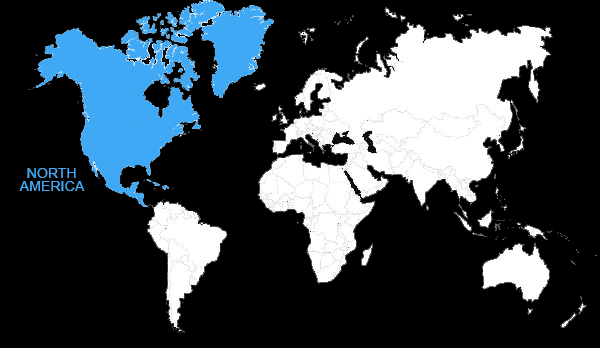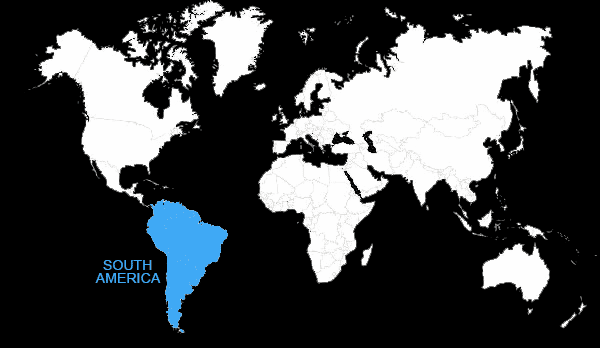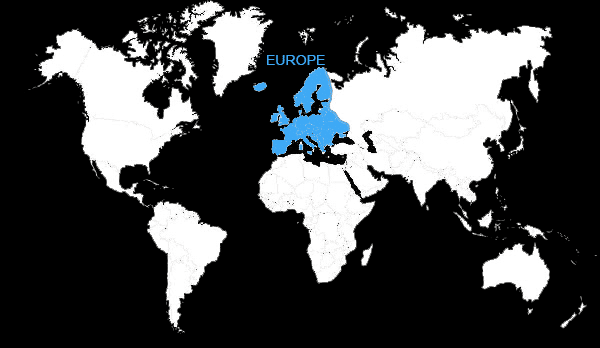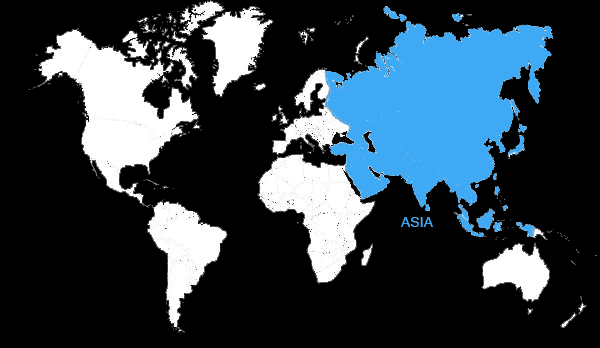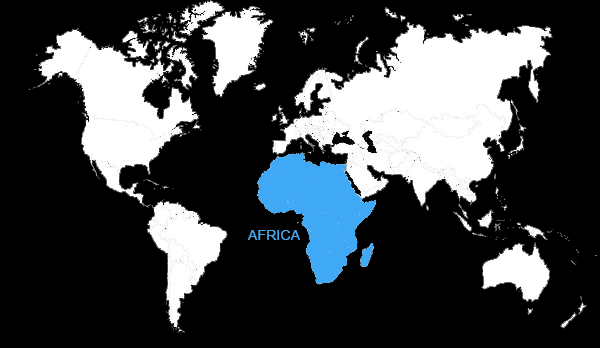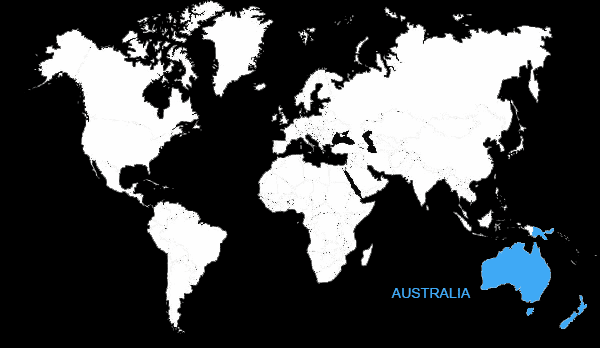Kilmarnock FC Tryouts
Hibernian FC is a Scottish professional football club based in Edinburgh, Scotland. The club currently plays in the Scottish Premiership, the country’s highest football league in Scotland.

Kilmarnock FC Youth Development System
Kilmarnock Football Club has a long and proud tradition of identifying, recruiting, and developing talented young footballers with the ability and potential to play at the very highest levels of the game. The Kilmarnock FC Youth Academy provides young footballers with an opportunity and a pathway to professional football.

Kilmarnock FC Academy
Our philosophy is to produce exceptional players in an enjoyable progressive and challenging environment to maximise their full potential.
The Kilmarnock FC academy currently has teams competing in various age groups such as
- U11
- U13
- U14
- U15
- U16
- U17
- U18
Kilmarnock FC Recruitment Trials
Our philosophy is to recruit the best potential which can be developed by the best coaches, working in the best facilities, underpinned by the best holistic support.
We aim to identify and recruit young talent through the Academy’s extensive scouting network. Our Player Identification and Recruitment staff will attend matches and grassroots programmes throughout the area to identify talented young footballers. Players identified will be invited to attend either our Junior Academy (U7 and U12) or for older children be invited to attend the Academy on a trial basis at the relevant age group.

For all children who are not involved with a local club, initial contact will be made direct to the Parent/Guardian. No direct contact will be made with the child without prior permission being received from the Parent/Guardian.
For young players who are involved or are members of a local club, initial contact will be made to the appropriate Club Representative (Club Secretary SYFA Recommendation). No direct contact will be made with the parents or the young player prior to the host club being informed of our interest.
EXPLORE MORE CLUBS!
Explore more professional clubs by continent.
Kilmarnock FC History
A group of local cricketers who were searching for a sporting activity to occupy them outside of the cricket season looked into forming a football club in the very early days of organized football in Scotland. This led to the establishment of the club, which dates back to those very early days. The group was established on January 5, 1869, during a public meeting that took place at Robertson’s Temperance Hotel, which was located on Portland Street. At first, they participated in a sport that was more analogous to rugby, and the name of the club’s home ground, Rugby Park, still pays homage to the club’s roots to this day. Because it was so difficult to organize matches using this code, and because Queen’s Park was exerting more and more influence, they quickly decided to switch to using the association code instead. During this time period, the club held its matches at a variety of venues, some of which included Holm Quarry, the Grange on Irvine Road, and a spot that was close to where the current Rugby Park is located.
In the 1860s, some of Scotland’s early football clubs were established, which marked the beginning of a period of tremendous expansion for the sport. However, there was no formal structure in place at the time, and matches were frequently organized in a haphazard and unpredictable manner.
Queen’s Park, a club in Glasgow that was established in 1867, took the initiative, and as a result of an advertisement that was published in a newspaper in Glasgow in 1873, representatives from seven clubs, including Queen’s Park, Clydesdale, Vale of Leven, Dumbreck, Third Lanark, Eastern, and Granville, attended a meeting on 13 March 1873. In addition, Kilmarnock wrote a letter expressing their eagerness to participate in the formation of the Scottish Football Association.
On that day, these eight clubs came together to form the Scottish Football Association. They also passed a resolution stating: “The clubs here represented form themselves into an association for the promotion of football according to the rules of The Football Association and that the clubs connected with this association subscribe for a challenge cup to be played for annually, the committee to propose the rules of the competition.” The resolution read: “The clubs here represented form themselves into an association for the promotion of football according to the rules of The Football Association.”
In the first season of the Scottish Cup, which took place in 1873–74, Kilmarnock was also a participant. It is believed that their First Round match on October 18, 1873, versus Renton, in which they were defeated by a score of 2-0, was the very first competition match ever played.
Kilmarnock initially participated in the Scottish League in the year 1895, and after claiming victory in the Second Division on three separate occasions, the club was promoted to the First Division in 1899. Kilmarnock became the first team to ever win the Scottish Cup when they triumphed over Albion Rovers at Hampden Park in 1920. This was followed by their second victory in 1929, which took place at the national stadium in front of a crowd of 114,708 people and involved a defeat of huge favorites Rangers by a score of 2-0. They soon reached another final against the same opposition in 1932, but this time they were defeated after a replay, and the same situation followed in the 1938 final against East Fife, with Killie being the team that was on the receiving end of an upset this time around.
During the 1964–1965 season, Heart of Midlothian and Willie Waddell’s Kilmarnock were in a heated competition for the championship crown. During the time when one point was awarded for a victory, Hearts were in the lead by three points with two matches to go. As a result of Hearts and Dundee United playing to a draw, the league will be decided in the last match of the season, which will take place at Tynecastle and feature the two teams competing for the title. Kilmarnock required a victory by a score difference of at least two goals in order to claim the championship. Hearts came into the game as the odds-on favorite thanks to their statistical profile and the fact that they were playing at home. They also had an impressive record of trophy victories under the direction of Tommy Walker. In contrast, Waddell’s Kilmarnock had practically all of the characteristics of men. They had finished in second place in the league four out of the previous five seasons, with the exception of the 1960 season when Hearts won. Killie had also been unsuccessful in the finals of three domestic cup competitions over the same time span, notably the League Cup Final against Hearts in 1962. Under Walker’s direction, Hearts competed in a total of six senior cup finals and won five of them. Even the championship game they had lost was decided in a replay after the initial game had been tied. After six minutes, Hearts’ Roald Jensen had a shot that was saved by the post. The next two goals for Kilmarnock came from Davie Sneddon and Brian McIlroy, who scored after 27 and 29 minutes, respectively. In the second half injury time, Alan Gordon had a great opportunity to seal the deal and win the championship for Hearts, but Bobby Ferguson made a diving save and sent the ball wide of the post. Hearts lost the championship. The final score was 2-0, which meant that Hearts fell short of winning the championship by an average of 0.042 goals. After that, Hearts were key in pressing through a move that separated clubs that were tied on points to utilize goal difference as the separating factor. Ironically, this rule modification would eventually prevent Hearts from winning the championship in 1985–1986. Killie have never held the title of Scottish champions in any other season prior to this one.
The decade of the 1980s was marked by decline, which ultimately led to relegation to the Second Division. With their promotion in 1993, Killie made their way back up to the top flight. They defeated Falkirk in the championship game by a score of 1-0, which led to them winning the Scottish Cup for the third time in 1997.
The club has had nine opportunities to compete in European tournaments, with their greatest performance coming in the 1966–1967 Fairs Cup when they advanced all the way to the semi-finals before being ousted by Leeds United. The club has competed in European competitions nine times. In addition to this, the club is one of the very few in Scotland to have competed in all three of Europe’s major club competitions: the European Cup, the Cup Winners’ Cup, and the UEFA Cup.
Kilmarnock competed in the final of the Scottish League Cup in 2007, but lost to Hibernian by a score of 5–1 in the championship match. Killie had a difficult season in the 2007–08 Scottish Premier League because they had to sell Steven Naismith to Rangers for a club-record fee in August of 2007. As a result, they finished in 11th position with 40 points. Kilmarnock finished the 2009–10 season of the Scottish Premier League in second-to-last place, with Falkirk finishing in the cellar just two points behind them. On January 11, 2010, Jim Jefferies resigned from his position as manager of the club by “mutual consent,” and Jimmy Calderwood was subsequently named in his place. After that, Kilmarnock defeated Celtic for the first time in nine years to record their first victory. However, continued poor performance ensured that a fight for SPL survival would have to take place at Rugby Park with Falkirk. Kilmarnock started the game with a two-point lead over their opponents, and a goalless draw on the day was sufficient to ensure that they would remain in the top division for the following season. They finished with just 33 points, which was their poorest points finish in the Scottish Premier League.
Mixu Paatelainen was appointed manager when Calderwood resigned at the end of the season, and his contract is set to last for the following two years with an option for a third.
Kilmarnock finished the season in fifth place, despite being the team that was expected to be relegated at the beginning of the season. Paatelainen left the club to take over as the manager of Finland, and Kenny Shiels, who had been serving as his assistant, was promoted to the role of manager. Kilmarnock defeated Queen of the South, East Fife, and Ayr United in an Ayrshire derby that took place at Hampden, and as a result, the club advanced to the final of the Scottish League Cup in 2012. Kilmarnock became the first team to ever win the League Cup after defeating Celtic 1-0 in the championship match. Dieter van Tornhout scored the game’s lone goal with six minutes remaining, while goalkeeper Cammy Bell was named the Man of the Match for his performance. After serving as the manager of Kilmarnock for three years, Kenny Shiels was terminated in June 2013, following a “mutual agreement” between Michael Johnston, the club’s chairman, and Shiels.
On June 24, 2013, Allan Johnston was given the position of manager and agreed to a contract for two years. Sandy Clark was given the role of assistant manager.
In the summer of 2014, as the club was looking to go in a new direction, Clark resigned from his position, and Gary Locke, a former assistant coach at Hearts who had previously played for Killie, was hired to be Clark’s assistant. After announcing to the media in February 2015 that he planned to depart the company in the summer, but before addressing this with the board, Johnston was terminated from his position. Locke was given responsibility on an interim basis before agreeing to a contract for three years in April of 2015. Kilmarnock ended up losing seven of their final eight games of the season, but thanks to a 4–1 victory over Partick Thistle, they were not eliminated from contention for a play-off position.
The 2015–2016 season was going to be a challenging one for the team. In February of 2016, Locke was relieved of his duties as manager, and Lee Clark was subsequently selected to take over those responsibilities. The team finished in 11th position despite a slight improvement in their play, and in order to remain in the top flight, they had to compete in a relegation play-off against Falkirk, who played in the Championship. Killie came back from a 0–1 deficit in the first leg to easily win the second leg 4–0, making the aggregate score 4–1 and confirming the club’s place in the Scottish Premiership for the upcoming season. In February 2017, exactly one year after his arrival in Kilmarnock, Clark would travel back to England with Bury. This marked the end of his time in Scotland. Lee McCulloch, a former player with the Rangers who is currently an assistant to both Locke and Clark, was put in control of the team temporarily until the end of the season and led them to an eighth place finish. The following year began with another terrible start, beginning with a loss to a rival team, Ayr United, in the opening round of the league cup group stages. This was followed by a poor start in the league competition. In September 2017, as the team was mired in last place in the standings, McCulloch was relieved of his duties as manager.
Two weeks after letting go of Lee McCulloch as manager, Kilmarnock made a surprising move by hiring Steve Clarke, a former coach for both Chelsea and West Bromwich Albion. After an absence of thirty years, Clarke participated in a Scottish sporting event for the very first time. His appointment set the stage for a remarkable improvement in the team’s performance, which finally resulted in the club finishing in fifth position, garnering him the SFWA Manager of the Year title in the process. Kilmarnock celebrated their 150th anniversary during the 2018–19 season, as the team maintained their excellent form in the league, both at home and away. The season came to a close with a match against Rangers at Rugby Park on the final day of play. The result of the match, which Kilmarnock won 2–1, ensured that the team would finish in third place in the league. This result also ensured that the team would qualify for European football for the first time since 2001. The team finished the season in the highest position in the league since 1966 thanks to the success of this season, which also resulted in a new record points total for the club. The Scottish Football Association (Scottish FA) announced the next day that they had chosen Gary Clarke to take over as head coach of the Scotland national team.
After Steve Clarke stepped down as manager of Kilmarnock, the club went through a succession of three managers, each of whom was only in command for a short period of time. The first of these was Angelo Alessio, who had previously worked as an assistant coach for Juventus and Chelsea. Kilmarnock’s qualifying for the Europa League was lost to Connah’s Quay Nomads, a club from the Welsh Premier League, in Alessio’s second match in charge of the team. In December of 2019, with the squad still in fifth position, Alessio was fired as the manager. Following his departure, Alex Dyer, who had been an assistant coach for both Alessio and Clarke, was appointed on an initial caretaker basis until the end of the season. However, all football was abruptly ended due to the pandemic of COVID-19, so Dyer did not get to finish out the season in that role. The team decided to continue using Dyer’s services, and in June of 2020, he signed a new deal that extended his previous one. On the other hand, after a shaky beginning to the new campaign, he parted ways with the club in January of 2021 on amicable terms. Tommy Wright, who had previously served in the same role at St. Johnstone, was selected to take over as the new manager of the club in February 2021.
Kilmarnock’s 28-year run in the Scottish Premier League came to an end on May 24, 2021, when they were demoted to the lower-tier Scottish Championship after losing a play-off match to Dundee. This marked the end of Kilmarnock’s time in the top division. In December of 2021, when the squad was in fourth position in the Championship, Tommy Wright was relieved of his duties as manager. Derek McInnes, who had previously served as manager of Aberdeen, was swiftly selected to take his place. The team’s performance improved, and by the end of the 2021–22 season, Killie had earned promotion to the top flight of Scottish football at their very first attempt. They did so by defeating their closest challengers, Arbroath, 2–1 on the penultimate matchday, with a dramatic game-winning goal from Blair Alston in the final minute.
Kilmarnock FC Stadium
Kilmarnock held its inaugural football matches at the location that is now known as Rugby Park in the year 1899. Despite this, the location serves as Kilmarnock’s fourth home stadium for their matches. Before the club moved to Rugby Park in 1877, matches were played at various locations including The Grange, Holm Quarry, and Ward’s Park. This was not the current stadium, but rather a previous one that was located in the neighborhood close to South Hamilton Street. This ground was used by cricket teams in addition to rugby teams, both of which were sports that Kilmarnock had played in the past; in fact, the association with rugby is what gave the ground its name. This moniker was taken by the team after they relocated to their current stadium in the United Kingdom.

The capacity of the stadium was drastically reduced during the 1994–1995 season due to the construction of three additional stands during that time: the Moffat Stand, the Chadwick Stand, and the East Stand. After its completion, the stadium reached its maximum capacity of 17,889 spectators. On August 6, 1995, the stadium was inaugurated with a friendly match between English champions Blackburn Rovers and another team. The home team was defeated by a score of 5-0, and Mike Newell recorded a hat trick in the game.
In preparation for the beginning of the 2014–15 season, an artificial field made of FIFA 2 star FieldTurf was erected at Rugby Park. The field is versatile and can also be used for rugby matches in addition to football games. During the offseason for the 2019 playing year, a brand new artificial hybrid surface was installed. Kilmarnock was granted permission in February 2019 to erect a new safe-standing section in parts of the East and Moffat stands. Early in the month of December of that year, the procedure of installation was successfully finished.

